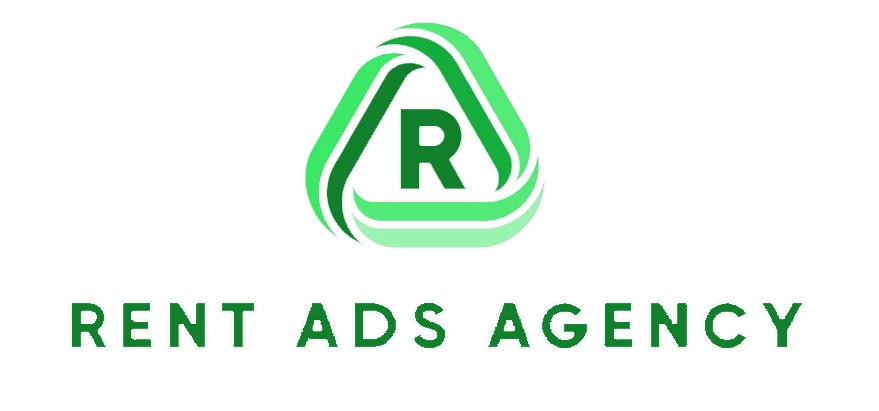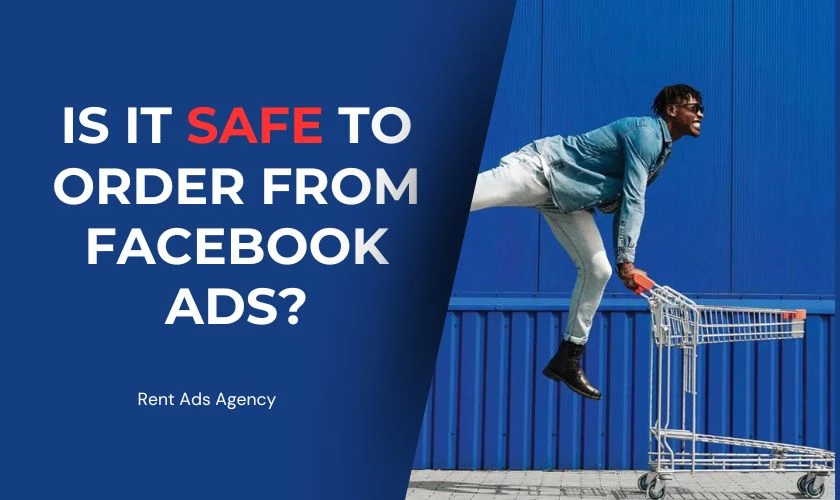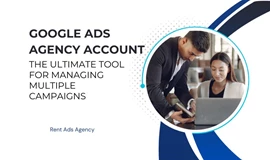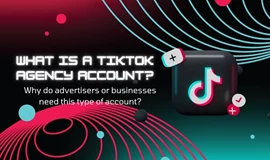No. Virtually every ad for a product Facebook serves is for a fake company that has ads stolen from real products and then has a fake store that takes your money and then does not ship you anything. While a few real companies do advertise, don’t trust anything you see on Facebook, if you are interested, find the product on Amazon or another trustworthy source, but don’t follow the link, especially if the prices are too good to be true. This is a sure sign that it is fake and they will never ship you a product, or will ship a fake cheap knockoff.
In fact if you get a cheap fake knockoff you are lucky, they realized they don’t even need to do that anymore. I report several fake ads daily for Facebook and it takes weeks for them to do anything about it. The fake companies close the shop when Facebook is on to them and setup a new shop. Facebook does not have any motivation to fix the problem because they still take the money for the ads.
The Risks Involved when buying something on Facebook Ads
Facebook's ad targeting allows retailers to get their products directly in front of users most likely to purchase them. Unfortunately, this also enables scammers to target their deceptive ads at vulnerable shoppers. Multiple risks exist when clicking to purchase items directly from Facebook ads.
Elaborate Fake Storefronts Operated by Scam Networks
Entire fake ecommerce stores are built to pose as legitimate retailers selling real products. In truth, they will design and build a website exactly like the real store from the interface to the domain name, they can add the letter "s" after the original party's domain name to deceive buyers.
Warning signs to watch out for with fraudulent online stores include:
- Unbelievably low prices, even on expensive products
- Frequent grammatical errors throughout the website
- Unusual or questionable payment methods that lack buyer fraud protections
- Policies that only protect the seller in case of issues
- No signs of an established legitimate business, such as customer reviews, professional website design, or company information
Counterfeit Black Market Goods Posing as Authentic Brand Names
Even if the seller behind a Facebook ad is a real business, the advertised products often turn out to be cheap knockoffs or counterfeits made with inferior materials and craftsmanship, especially when it comes to heavily discounted luxury items. Warning signs to research further include:
Prices way below established retail amounts for the authentic branded items
No customer reviews confirming received orders match the quality and authenticity as originally advertised
When prices seem too good to be true, it often indicates the products are counterfeit reproductions rather than genuine items. Researching the seller further and looking for confirmation reviews can help ascertain if the business can be trusted to deliver what is promised.
Example: A "Gucci" bag bought from a Facebook ad arrives poorly constructed with cheap materials and stitching.
Security & Privacy of Sensitive Financial Information
Buying stuff from ads you see on Facebook can be risky. Some of those sites you've never heard of don't do a good job at protecting your personal information, like your address, phone number, or even your mom's credit card number.
When you type in that kind of stuff online, it should be encrypted - that means turned into a secret code that hackers can't read. But some sites either don't encrypt at all, or use bad encryption that hackers can get through.
So what happens when your data isn't protected? Hackers and shady companies can steal it and use it to pretend to be you, which can cause big trouble for your family. They could open credit cards or bank accounts in your name and stick you with the bill. Not cool!
High Pressure Sales Tactics Preying on Fear of Missing Out
Scam ads often use emotional language, false scarcity claims, and other high-pressure sales tactics pushing people into rapid purchases before deeper vetting of the seller occurs. Be wary of wording like "last chance!", "almost sold out!", "just a few remaining!" and other manipulative phrasing.
Example: Makeup "valued" at $500 is on sale for next 20 minutes at only $100 or until the limited quantity sells out.
While Facebook's ad abilities allow legitimate deals to find customers, thorough research of retailers along with buyer awareness still remains imperative to avoid the many cunning scammers. Always trust your instincts if something seems questionable at all.
How to Identify Trustworthy Sellers
When considering a purchase from a Facebook ad, thoroughly vet the seller's credibility first. Here are tips to identify real businesses versus scammers:
Carefully research the company behind the ad. Search for their name plus words like “review,” “complaint,” or “scam” to uncover previous customer experiences. Consult independent review sites like Trustpilot and the Better Business Bureau to confirm sellers have mostly positive feedback without frequent issues mentioned. For example, a clothing store should have at least a 4 out of 5 star rating from multiple satisfied customers.
Verify detailed contact information is readily available, including an address, phone number, and customer service email—such as info@company.com—indicating adequate support resources. Example warning sign: the seller only shows a mysterious “Contact Us” form with no direct ways to get answers or help.
Examine the product website for professionalism, security, and transparency expected from legitimate operations. Payment should accept multiple standard options like major credit cards, PayPal, etc. Check for HTTPS browser security designation and clear return policies. Misspellings, broken links, missing pages suggest possible fraud.
Read the fine print terms closely including delivery timeframes, refund policy rules, privacy data usage and more while considering risks. Example Red Flag: buried shipping details with unreasonable 4-6 week wait times or 15% restocking fees on returns.
Vet thoroughly to feel completely comfortable with product claims, your seller choice and how the business will support transactions before purchasing through Facebook advertising.
Case Study: A Successful Purchase
I recently came across an advertisement on Facebook for a small business called Bella’s Leather Creations that makes handmade leather bags. The stitching and materials of the wallet bag in the ad caught my eye. When I clicked on the ad, it took me to the Bella’s Leather Creations website which had great customer reviews about the durability and craftsmanship of their leather goods. The website also provided details on the specific leathers, materials, and artisan techniques used in their products.
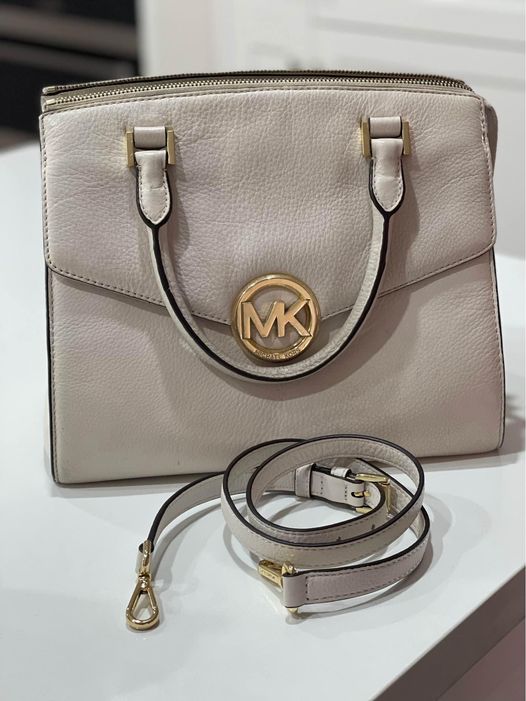
To validate Bella’s was a legitimate seller before purchasing, I checked independent review sites like Trustpilot and Google Reviews. Universally glowing 5-star feedback. I also emailed their customer service team with some questions about the specific bag I was interested in. They promptly responded with detailed information and care recommendations.
After thoroughly vetting Bella’s, I felt confident buying from them. I selected a nice cognac colored tote, paid through their secure system, and it shipped out fast. The bag arrived packaged well and I really love the soft, supple feel of the leather. The stitching is perfect and the size works nicely for daily use. This seems like a handmade bag built to last.
This experience shows that by researching the seller, reading multiple reviews, and checking their customer service, you can feel good about purchases from small businesses found through Facebook ads. I found a great handmade bag that I otherwise may have missed.

Mohamed Fouad is a full-stack web developer and an entrepreneur who's really into advertising. He is the CEO of Rent Ads Agency, a company that helps businesses reach more customers through advertising. He graduated from Stanford University in 2018 and has over 4 years of experience in the tech industry.
